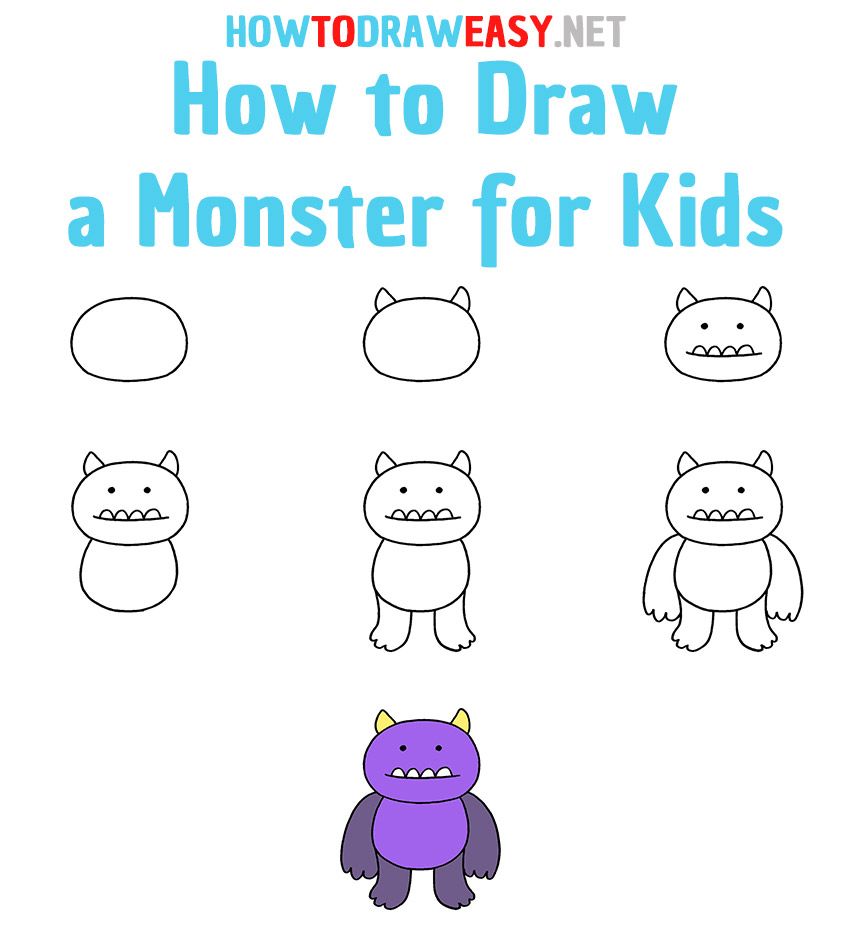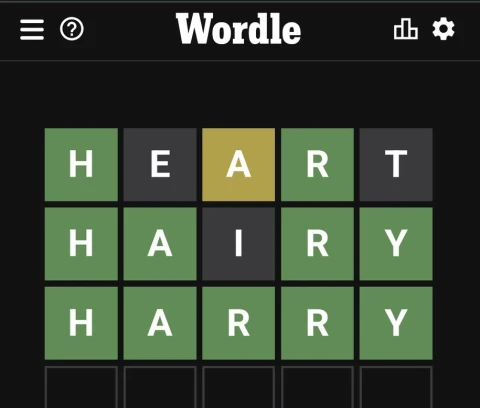Overcoming A Love Monster: A Step-by-Step Guide

Table of Contents
Identifying the "Love Monster": Recognizing Unhealthy Relationship Patterns
Recognizing the signs of an unhealthy relationship is the crucial first step in breaking free from the "love monster." Understanding the dynamics of toxic relationships, including your own role, empowers you to take control and build a healthier future.
Signs of a Toxic Relationship:
Unhealthy relationships often share common traits. If you recognize these signs, it's crucial to address them:
- Constant criticism and belittling: Do you constantly feel put down or criticized, even for small things?
- Controlling behavior: Does your partner monitor your calls, social media activity, or whereabouts excessively? Do they dictate your friendships or limit your independence?
- Isolation from friends and family: Has your partner tried to isolate you from your support network?
- Emotional manipulation and gaslighting: Does your partner twist your words, deny their actions, or make you question your own sanity?
- Threats or intimidation: Do you feel threatened or intimidated by your partner's behavior?
- Financial control: Does your partner control your finances, limiting your access to money or resources?
- Physical or verbal abuse: Any form of physical or verbal abuse is a serious red flag and requires immediate action.
Understanding Codependency:
Codependency plays a significant role in many unhealthy relationships. It's a pattern of behavior where one person's self-worth and identity become intertwined with their partner's, often leading to neglecting their own needs and enabling unhealthy behaviors. For example, someone might constantly excuse their partner's bad behavior or prioritize their partner's needs above their own, fueling the "love monster's" controlling actions. This dynamic creates a cycle of unhealthy behaviors that perpetuates the toxic relationship.
Recognizing Your Role:
Self-reflection is vital. Ask yourself: What patterns in my life contributed to this unhealthy dynamic? Did I subconsciously seek out this type of relationship? Understanding your own contributions, without blaming yourself, allows you to break free from the cycle. Self-awareness is the key to reclaiming your power and building healthier relationships in the future.
Setting Boundaries and Reclaiming Your Power
Setting clear boundaries is fundamental to escaping the clutches of the "love monster." This involves defining your limits and communicating them assertively, consistently enforcing consequences for violations.
Defining Personal Boundaries:
Boundaries protect your physical, emotional, and mental well-being. They define what you will and will not tolerate in a relationship. Examples include:
- Communication boundaries: Setting limits on how your partner communicates with you (e.g., no yelling, insults, or name-calling).
- Physical boundaries: Defining your comfort level with physical touch and intimacy.
- Emotional boundaries: Protecting yourself from emotional manipulation and gaslighting.
- Time boundaries: Setting aside time for yourself and your own activities, independent of your partner.
Communicating Boundaries Effectively:
Assertive communication is key. Use "I" statements to express your needs clearly and directly, without blaming or accusing. For example: "I feel uncomfortable when you check my phone," or "I need some space when I'm feeling overwhelmed." Practice these communication skills, and don't be afraid to repeat your boundaries as needed.
Consequences for Boundary Violations:
Consistency is crucial. When boundaries are violated, implement pre-determined consequences. This might involve ending a conversation, leaving a situation, or even ending the relationship, depending on the severity of the violation. This shows your partner (and yourself) that you are serious about protecting your well-being.
Seeking Support and Building a Support Network
Overcoming the challenges of an unhealthy relationship often requires external support. Leaning on a strong support network and seeking professional help are essential steps in your journey to healing.
The Importance of a Support System:
Friends, family, and trusted individuals can provide invaluable emotional support, perspective, and practical assistance. They can offer a safe space to process your feelings and help you make informed decisions.
Finding a Therapist or Counselor:
A therapist specializing in relationship issues, trauma, or emotional abuse can provide guidance, support, and coping strategies. They can help you process your experiences, develop healthier relationship patterns, and build resilience. Online resources can help you locate qualified therapists in your area.
Joining Support Groups:
Connecting with others who have experienced similar challenges can be incredibly powerful. Support groups offer a sense of community, shared understanding, and validation. Online and in-person groups provide safe spaces to share your experiences and learn from others.
Moving Forward: Building Healthy Relationships
Building healthy relationships requires self-reflection, self-care, and a commitment to fostering mutual respect and trust.
Self-Care and Self-Love:
Prioritize self-care practices that nourish your physical, mental, and emotional well-being. This might include exercise, mindfulness, healthy eating, spending time in nature, pursuing hobbies, and engaging in activities that bring you joy. Self-love is the foundation for building healthy relationships.
Identifying Healthy Relationship Qualities:
Healthy relationships are characterized by:
- Mutual respect: Valuing each other's opinions, feelings, and boundaries.
- Trust: Feeling safe and secure in the relationship.
- Open communication: Expressing needs and feelings openly and honestly.
- Shared values: Having compatible values and goals.
- Emotional support: Providing comfort, encouragement, and understanding.
Attracting Healthy Partners:
Focus on self-improvement and building healthy boundaries. By working on yourself and fostering self-love, you attract healthier relationships based on mutual respect and trust.
Conclusion: Reclaiming Your Power from the "Love Monster"
Overcoming the "love monster" requires a multi-faceted approach: identifying unhealthy relationship patterns, setting and enforcing boundaries, seeking support from your network and professionals, and focusing on self-care to build healthier relationships. Don't let the "love monster" control your life any longer. Take the first step toward a healthier, happier future by identifying the signs of an unhealthy relationship and using the strategies outlined in this guide to reclaim your power and build stronger, more fulfilling connections. Start building a life free from the "love monster" today!

Featured Posts
-
 Du An Ha Tang Dong Luc Moi Cho Giao Thong Tp Hcm Binh Duong
May 22, 2025
Du An Ha Tang Dong Luc Moi Cho Giao Thong Tp Hcm Binh Duong
May 22, 2025 -
 Arne Slot Liverpools Lucky Win Against Psg And The Worlds Best Goalkeeper
May 22, 2025
Arne Slot Liverpools Lucky Win Against Psg And The Worlds Best Goalkeeper
May 22, 2025 -
 Wordle 1358 Answer March 8th Saturday Complete Guide
May 22, 2025
Wordle 1358 Answer March 8th Saturday Complete Guide
May 22, 2025 -
 The Goldbergs Exploring The Family Dynamics And Humor
May 22, 2025
The Goldbergs Exploring The Family Dynamics And Humor
May 22, 2025 -
 Your Netflix Watchlist 7 Shows To Catch May 18 24
May 22, 2025
Your Netflix Watchlist 7 Shows To Catch May 18 24
May 22, 2025
